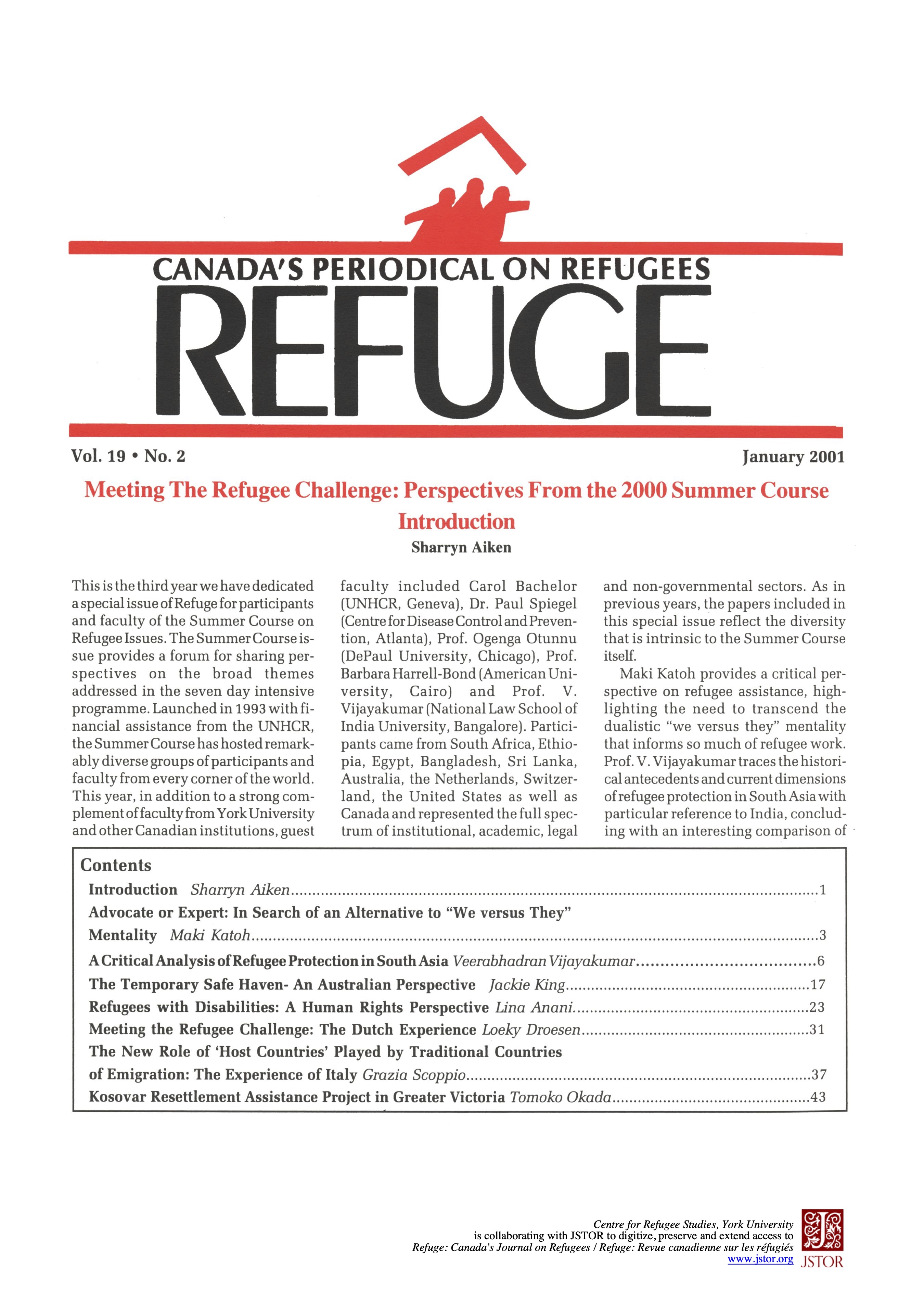A Critical Analysis of Refugee Protection in South Asia
DOI:
https://doi.org/10.25071/1920-7336.22073Keywords:
South Asia, 1951 Refugee Convention, forced migration, refugee protection, law, human rights, international relationsAbstract
Many countries in Asia and all the countries in South Asia have not acceded to the Refugee Convention of 1951 or the Protocol of 1967 in spite of the fact that a large number of refugees come from this region. The reasons for not ratifying them are not clear even though many international human rights instruments have been ratified by many of them. The probable reasons for not ratifying the Refugee Convention or the Protocol, the lack of any regional approach or national legislation to address the problem, the contribution made by the international community to the crises in this region, nature of protection, the extent of rights available to the refugees and a brief comparison between the Northern and Southern perspectives have also been explained. Some of the important judicial decisions from India have been relied upon to appreciate the developments. This article concludes by emphasizing that through a comparative analysis of both the Northern and Southern perspectives relating to the protection of refugees, each can benefit from the experiences of the other, improve and build a scheme to care for the millions of refugees as well as others of concern in the new millennium.
Metrics
Downloads
Published
How to Cite
Issue
Section
License
Copyright (c) 2001 Veerabhadran Vijayakumar

This work is licensed under a Creative Commons Attribution-NonCommercial 4.0 International License.
Refuge authors retain the copyright over their work, and license it to the general public under the Creative Commons Attribution-Non Commercial License International (CC BY-NC 4.0). This license allows for non-commercial use, reproduction and adaption of the material in any medium or format, with proper attribution. For general information on Creative Commons licences, visit the Creative Commons site. For the CC BY-NC 4.0 license, review the human readable summary.







